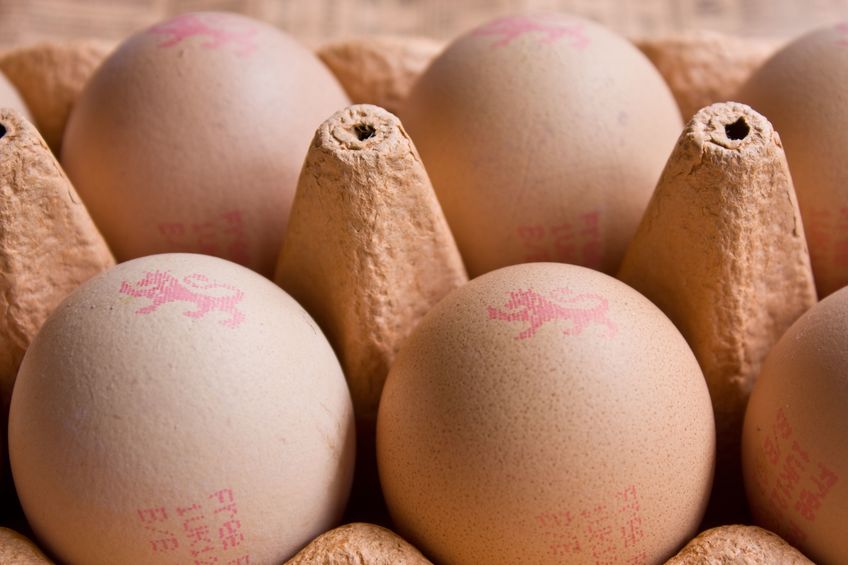
Oaklands Farm Eggs lost nearly four million pounds in the last financial year - the third year in a row that the company has announced a loss on its business.
Accounts for the year to the end of March 2021 show that the company made a pre-tax loss of £3.8m over the 12 months - more than double the £1.7m loss on the 2020 accounts.
Oaklands lost £2.6 million in the 2019 tax year. The last year it made a profit was in 2018, when it made just under £2 million before tax.
Director Elwyn Griffiths said in his latest annual report that the loss was “largely due to the one-off sale of land and profit of disposal in 2020.”
He said that net assets of just over £16 million were down just under 20% year-on-year, but he said the company continued to be strong due to continuous reinvestment in the latest technology.
Griffiths said in his report that the company’s directors would “continue to lead on cage-free laying activities as well as continuing to lead in robotics and automation.
As well as this, the company has invested in new processing equipment as part of its response to Brexit and to give the market greater capacity and competition for British ingredients as demanded by the consumers.”
In his 2020 report, Griffiths said that the “free range cost of production and sales value is still seen as a challenge for the business to provide a sustainable supply chain for the future.
"The sector continues to be very challenging and the decision has been made by the directors to only enter sustainable long term deals with regards to free range. This is a fundamental change from the company’s previous strategy.
“We have, at a cost to ourselves, supported free range producers while sales prices have been under cost of production in light of the ongoing Brexit uncertainty and currency supply issue,” he said.
In his 2021 report he again referred to market difficulties. “The current saturated market and other wider economic conditions which influence demand are driving down the prices of free range eggs. These conditions do not consider future sustainability.
"The directors monitor this risk and mitigate this through withdrawing from markets which are in the opinion of the directors not considered to be sustainable.”
The British Free Range Egg Producers’ Association (BFREPA) has been warning that current prices are simply unsustainable in the face of rising production costs.
At the Pig & Poultry Fair BFREPA chief executive Robert Gooch said: “We are not crying wolf. This isn’t something retailers can ignore in the hope it will go away.
"If the UK’s biggest supermarkets don’t increase the price of free range and organic eggs to a level where farms can at least break even, there will be egg shortages by the end of this year.
“Farmers cannot continue to produce eggs for nothing,” he said. “The situation is so dire that scores of farms are considering stopping production at the end of their current flock
“Only retailers have the power to prevent a mass exodus and keep British free range eggs stocked on supermarket shelves for their customers.”
Despite the issues in the market, Elwyn Griffiths said in his 2021 report that Oaklands would “continue to take a long term view to farming, the environment and food production in what the directors consider an aggressive short term market.”
Oaklands has been investing heavily in new barn production. In his 2019 report, Elwyn said the company had invested £8 million in plant and machinery over the last few years.
“The exceptional development costs, loss of sales and human resources to achieve this gave us one off costs of £2,970,000 to the business. This has obviously impacted on financial performance,” he said.
